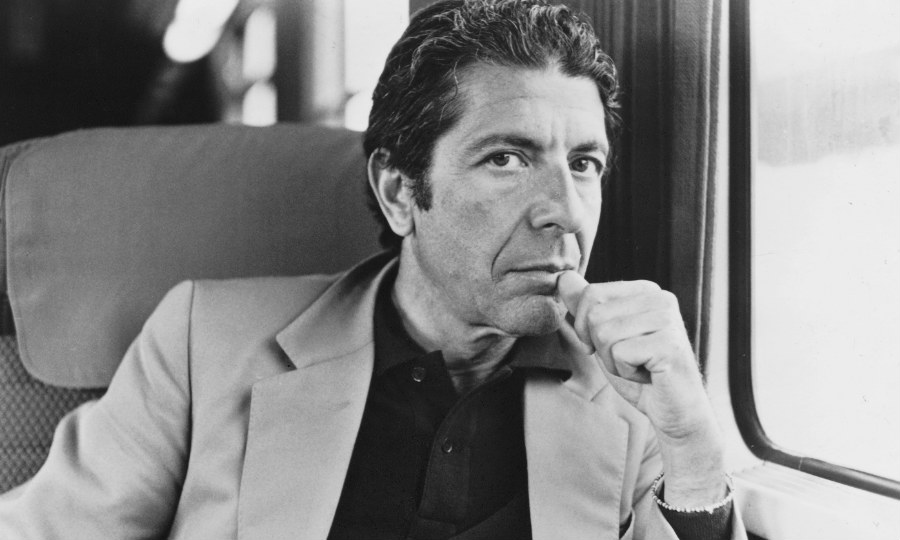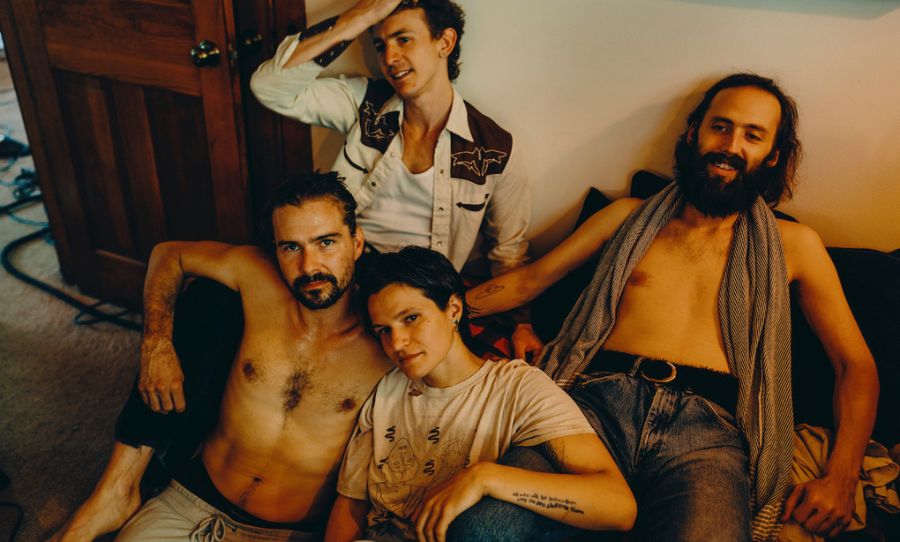How to write a song. As someone with almost no authority on the subject I won’t attempt to lecture you from my pinched and narrow views. Instead I’ve compiled a collection of songwriting tips, tricks and insights straight from the masters themselves.
Writing a song can be a transcendental, enlightening experience or it can be the most frustrating, depressing, tear your hair out jigsaw ever. Drawing on memories of the latter we have compiled the most powerful, awe-inspiring tips and quotes from four of the greatest writers of all time.
Raine Maria Rilke, Nick Cave, Leonard Cohen and Tom Waits.

Here are the greatest songwriting tips from the greatest poets. Wave goodbye to writers block, this is inspirational stuff.
Raine Maria Rilke
Even more complex and nuanced than the question of how to write, why be a writer at all? Bohemian Austrian poet and novelist Raine Maria Rilke (1875-1926) offers one of the richest answers of all:
“Go into yourself and test the deeps in which your life takes rise; at its source you will find the answer to the question whether you must create… acknowledge to yourself whether you would have to die if it were denied you to write.”
“This above all — ask yourself in the stillest hour of your night: must I write? Delve into yourself for a deep answer. And if this should be affirmative, if you may meet this earnest question with a strong and simple “I must,” then build your life according to this necessity; your life even into its most indifferent and slightest hour must be a sign of this urge and a testimony to it.”
Nick Cave
On The Red Hand Files, Nick Cave has been consistently answering fan questions in his trademark effortless eloquence. These songwriting tips are remarkably deep as each answer is a thoughtful nugget of enlightenment:
“One of the reasons I write is because it allows me the freedom to move beyond the declared world into the uncanny and unfamiliar world. As a songwriter I have made a commitment to uncertainty and to embrace that which I do not know, because I feel this is where true meaning exists.”
“This, of course, will not help with your “block”. My advice to you is to change your basic relationship to songwriting. You are not the ‘Great Creator’ of your songs, you are simply their servant, and the songs will come to you when you have adequately prepared yourself to receive them. They are not inside you, unable to get out; rather, they are outside of you, unable to get in.”
“Songs, in my experience, are attracted to an open, playful and motivated mind. Throw my song away – it isn’t that good anyway – sit down, prepare yourself and write your own damn song. You are a songwriter. You have the entire world to save and very little time to do it. The song will find its way to you. If you don’t write it, someone else will. Is that what you want? If not, get to it.”
Leonard Cohen
One of the hardest working writers of our time. He famously spent five years laboriously re-writing, re-drafting and going mad over Hallelujah. An ambassador of the notion that hard work supersedes inspiration this is what Leonard Cohen had to say on songwriting:
“There are always meaningful songs for somebody. People are doing their courting, people are finding their wives, people are making babies, people are washing their dishes, people are getting through the day, with songs that we may find insignificant. But their significance is affirmed by others. There’s always someone affirming the significance of a song by taking a woman into his arms or by getting through the night. That’s what dignifies the song. Songs don’t dignify human activity. Human activity dignifies the song.”
“I’m writing all the time. And as the songs begin to coalesce, I’m not doing anything else but writing. I wish I were one of those people who wrote songs quickly. But I’m not. So it takes me a great deal of time to find out what the song is. So I’m working most of the time.”
Tom Waits
Tom Waits is one of the most fascinating figures in music. He has released 17 highly acclaimed albums and is certainly no stranger to song-craft describing his music as such:
“What I try to do is write adventure songs and Halloween music.”
An accomplished multi-instrumentalist, Tom Waits prefers to write in a cappella as opposed to instruments preferring the freedom that it offers:
“With instruments, usually your fingers just wanna go back to what they did the last time. I try different tricks to kinda free myself and, you know, pick up an instrument that I’ve never played before, just to have the thrill of unfamiliarity and that feeling of discovery.”
“You put yourself into some sort of trance to receive certain songs. You know, it’s like setting a trap for a song. It’s like fishing or anything else. You have to be real quiet to catch the big ones.”
So there you have it, the greatest songwriting tips of all time. We hope this helps and happy writing!



